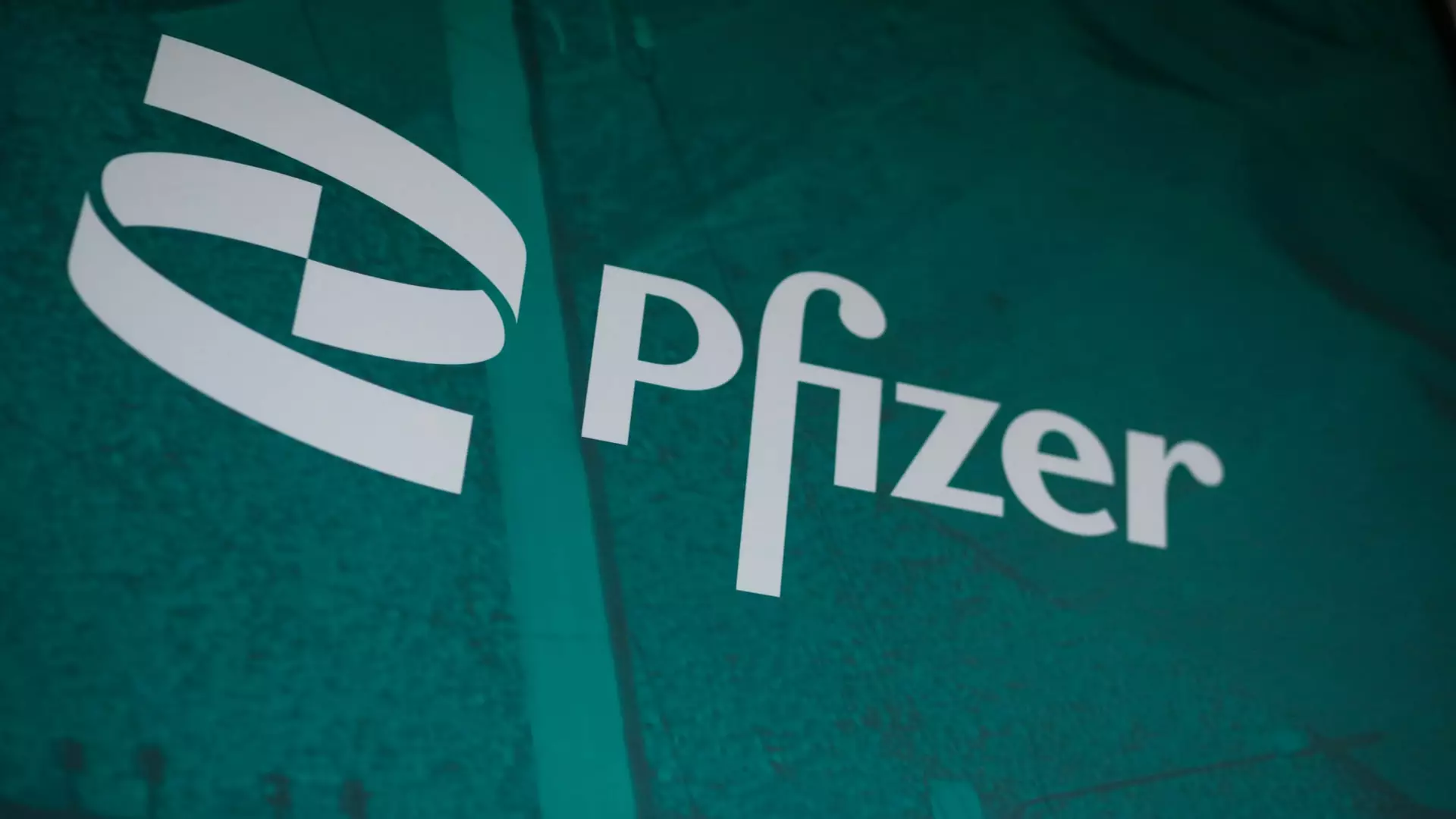New Hope for Cancer Cachexia: Pfizer’s Promising Trial Results for Ponsegromab

Cancer cachexia, a debilitating syndrome affecting a significant number of cancer patients, has long been a largely unaddressed challenge in oncology. This condition, characterized by severe weight loss and appetite reduction, poses significant barriers to effective cancer treatment and ultimately impacts patient survival rates. Recently, Pfizer has reported encouraging results from its midstage clinical trial of ponsegromab, a monoclonal antibody that has the potential to transform the management of cancer cachexia, signaling a turning point in therapy for millions worldwide.
Understanding Cancer Cachexia and Its Impact
Cancer cachexia affects approximately 9 million individuals globally, with an alarming 80% of cancer patients who experience it expected to succumb to their cancer within a year of diagnosis. This condition is marked by a profound loss of skeletal muscle and fat mass, primarily due to metabolic changes associated with cancer. Patients may experience significant fatigue and weakness, severely hindering their ability to carry out daily activities and diminishing their quality of life. These symptoms not only complicate the patient’s overall treatment but are also linked to reduced effectiveness of cancer interventions, creating a cyclical problem that intensifies the patient’s health decline.
Traditionally defined according to the National Cancer Institute, cancer cachexia manifests as a weight loss of 5% or more over the previous six months, complemented by additional symptoms like fatigue. Its intricate association with cancer progression and treatment outcomes has made it a critical area of research, thus highlighting Pfizer’s latest findings as a potentially groundbreaking advancement.
The recent phase two trial, which was presented at the European Society for Medical Oncology 2024 Congress, enrolled 187 patients suffering from various cancers, including non-small cell lung cancer, pancreatic cancer, and colorectal cancer. The trial focused on a key biomarker associated with cachexia—growth differentiation factor 15 (GDF-15), a protein that negatively influences appetite by interacting with receptors in the brain. By targeting this factor, ponsegromab aims to mitigate the severe appetite loss and subsequent weight reduction experienced by cachexia patients.
Results from the trial raised optimistic expectations. Patients receiving the highest dose of ponsegromab (400 mg) experienced an average 5.6% increase in weight after the 12-week treatment period, contrasting favorably with the placebo cohort. Lower doses of 200 mg and 100 mg also yielded positive results, with weight increases of around 3.5% and 2% respectively. This data is significant; a weight increase of over 5% is considered a “clinically meaningful” improvement in this population, as noted by Pfizer’s head of discovery and early development, Charlotte Allerton.
The implications of Pfizer’s findings go beyond mere weight gain; the study suggested improvements in overall wellness parameters, such as enhancements in physical activity and appetite. The absence of significant side effects adds to the excitement surrounding ponsegromab, making it a desirable candidate for further development. With only 8.9% of patients on placebo experiencing treatment-related adverse effects compared to 7.7% of those receiving the drug, the risk is compellingly low.
Pfizer is now in discussions with regulatory bodies to outline the next stages of development. The company aims to initiate late-stage trials by 2025, aspiring for approval that could cement ponsegromab as the first targeted therapy for cancer cachexia in the U.S. This approval could represent a monumental step in cancer care, potentially transforming how patients manage their nutritional and physical status during treatment.
Moreover, Pfizer is branching its exploration of ponsegromab into other medical domains, particularly in heart failure, where cachexia can also occur. This multi-faceted approach could extend the drug’s applications and benefits, offering hope to a broader spectrum of patients grappling with serious health challenges.
The Path Forward
As the medical community eagerly anticipates further developments, it is critical to recognize that while promising, these results are just the beginning. Future studies must reinforce the safety and efficacy of ponsegromab across diverse patient populations and treatment contexts. Should these trials continue to yield positive results, ponsegromab could not only redefine cancer cachexia management but also pave new pathways in understanding and treating complex metabolic syndromes related to chronic illness.
Ultimately, Pfizer’s efforts in tackling cancer cachexia evoke a sense of possibility for millions worldwide. The focus on enhancing patient quality of life, sustaining weight, and potentially improving treatment outcomes speaks to a much broader ethos in medicine—prioritizing holistic patient care in the fight against cancer.





